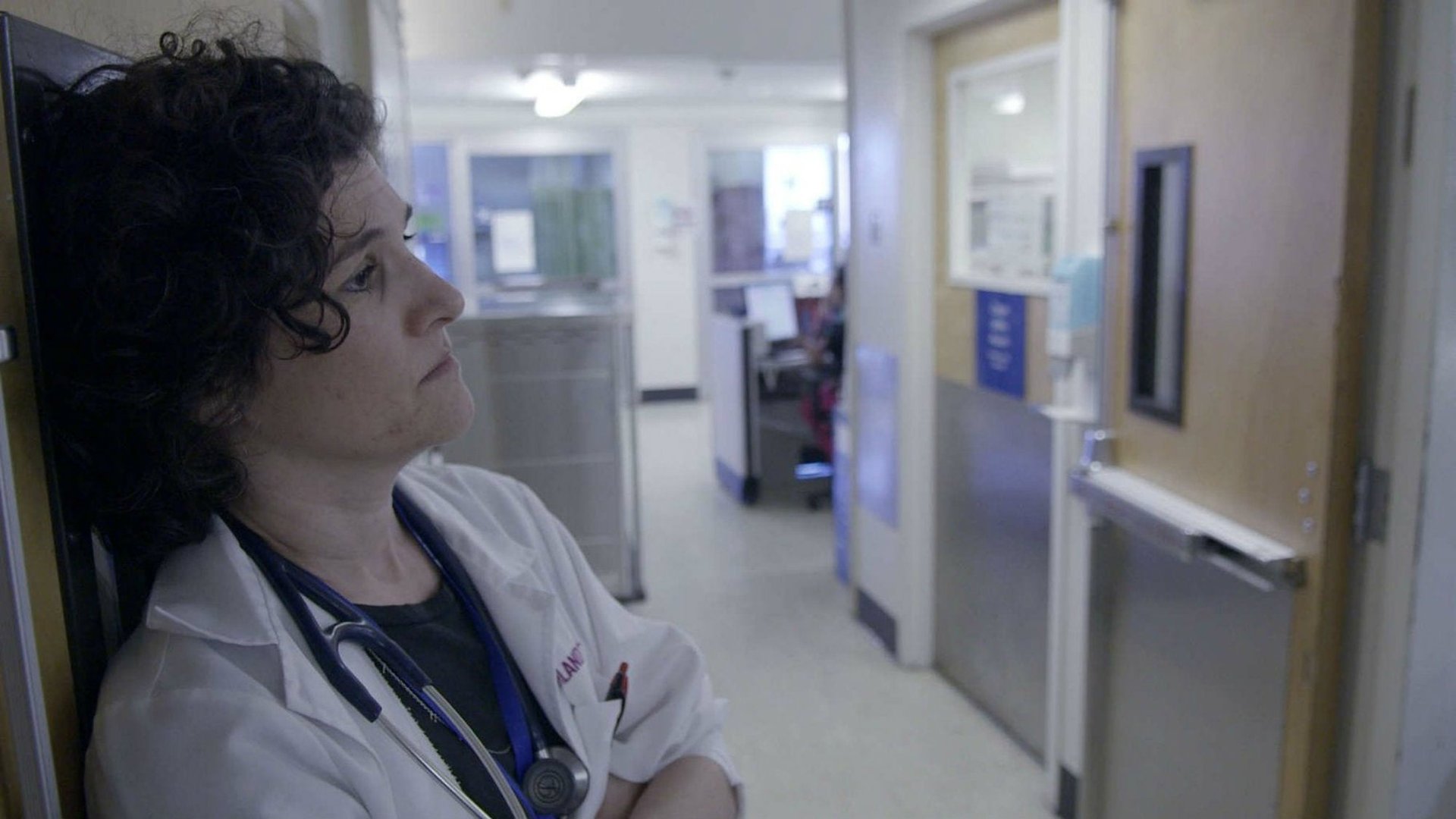An intensive care doctor’s advice for sharing news that’s hard to hear—but has to be said
Jessica Zitter is a critical care physician and palliative care specialist who wants to change the way we die. The subject of Extremis, an Academy Award-nominated documentary about end-of-life decisions in the critical care unit, Zitter advocates honest discussions between doctors and patients about options beyond life-support machines that keep patients tethered to hospital beds. By confronting the reality of death, and recognizing the resources available to them in the form of of hospice and palliative care, patients are more likely to be able to die at home, free of pain, with the support of those they love.


Jessica Zitter is a critical care physician and palliative care specialist who wants to change the way we die. The subject of Extremis, an Academy Award-nominated documentary about end-of-life decisions in the critical care unit, Zitter advocates honest discussions between doctors and patients about options beyond life-support machines that keep patients tethered to hospital beds. By confronting the reality of death, and recognizing the resources available to them in the form of of hospice and palliative care, patients are more likely to be able to die at home, free of pain, with the support of those they love.
But, as Zitter says frequently, “you can’t plan for a good death if you don’t know you’re dying.” Her patients can’t get the information they need without first receiving some of the worst news of their lives. Zitter is shocked by how far along in the process of dying people get without ever being told by doctors that they are, in fact, dying. There are a lot of reasons why doctors withhold this vital truth—fear of demoralizing or frightening their patient, for example, and a culture in western medicine that prioritizes interventions over inaction. But when doctors avoid difficult conversations out of discomfort, patients suffer.
“It goes against our very nature. We want to be hopeful and give good news,” Zitter says. But, she has found, “when you give people real news and you level with them and you’re honest in a compassionate way, they are the stronger for it.”
We’re wired to shy away from such emotionally fraught conversations, even when the stakes are far lower than life and death. Charged conversations activate our stress response (paywall) as surely as threats to our physical safety do. Yet one of the most important indicators of success in enterprises from start-ups to marriages is the parties’ ability to address politically or emotionally charged subjects. Those who succeed approach such conversations with the two goals Zitter identified: honesty and compassion.
Relationships tend to break down when people believe they face a choice between being honest and being kind, says David Maxfield of VitalSmarts, which trains organizations on communication skills. Maxfield and his colleagues refer to this perceived roadblock to difficult but necessary conversations as the “fool’s choice.”
It’s an adaptation of our fight-or-flight instinct, Maxfield says. If you believe there’s no middle ground between preserving a relationship and telling the truth, you’ll either initiate a conversation doomed to collapse under accusations and defensiveness (fight) or avoid an issue entirely (flight).
So what do you do? When Zitter has to give bad news, she lays out the facts of their situation as truthfully as possible. She is calm. She speaks in a way that she hopes conveys care and support. And then—this is the important part—she sits and weathers what is very often an initial burst of negative emotions: anger, fear, despair. While fear of these sorts of reactions keeps many of us from confronting difficult subjects, these painful reactions are temporary, Zitter has found. And once they’ve passed, a stronger patient—and doctor—emerges.
“You have to be able to stand there and manage yourself. Don’t just leave,” Zitter says. “If I can just stay present for a little while and they see that I’m not leaving, they can move forward in a way that’s productive for them.”